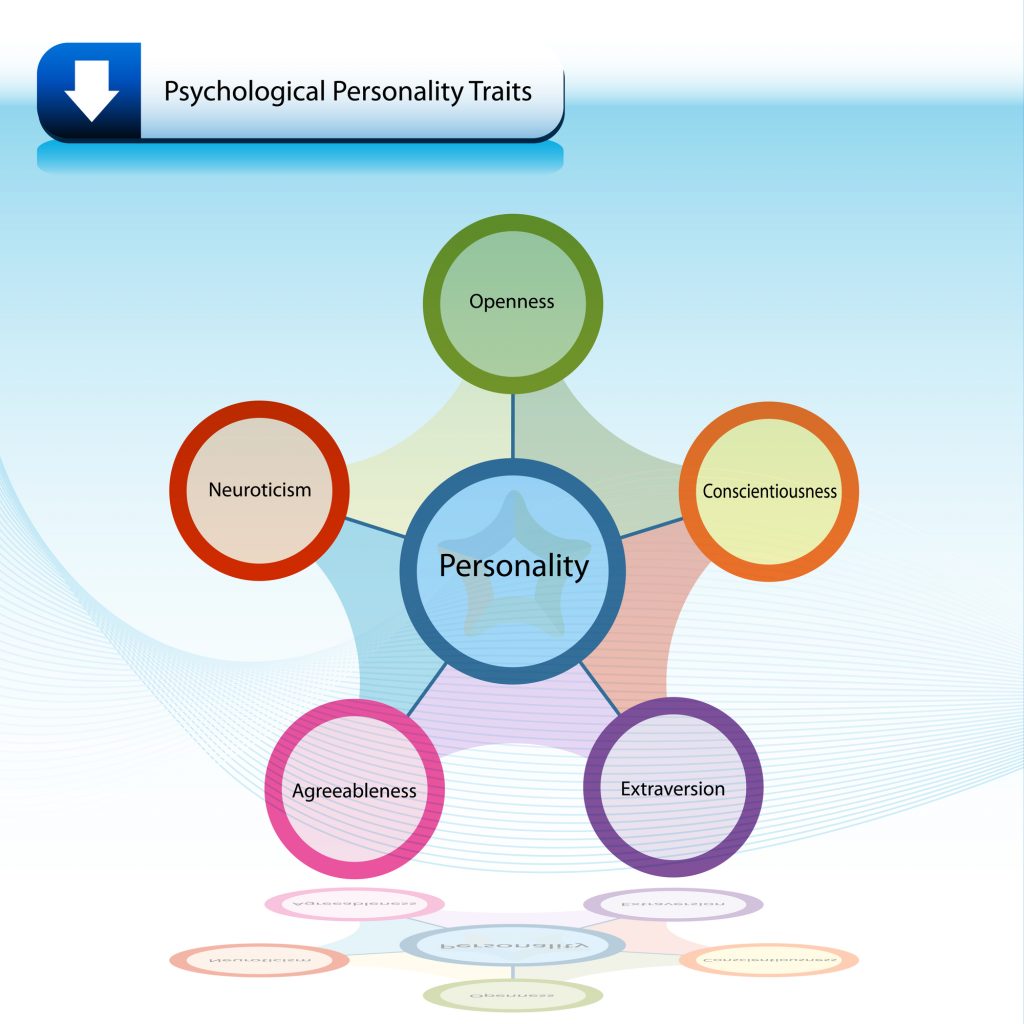I’ve worked with many clients who have wondered if they’re already a workaholic or if they’re becoming one. This blog article is a summary of some of those Frequently Asked Questions (FAQs) and my answers on this topic.
Q1. These days, many people work all kinds of hours, including some evenings and weekends. Does this mean that they’re workaholics?
A1. The short answer is no. Some people work long hard hours because they love their work, so they spend a long time enjoying what they’re doing. In other situations, the person feels obligated to work a lot.
 Many self-employed people, business owners, and professionals will work a variety of daytime, evening and weekend hours. I know a lawyer who often works very early in the morning from 4 am – 6 am on certain tasks. In exchange for late-night, weekend, and early morning hours, these people may take Fridays off to play golf or tennis, schedule hair or nail appointments during the workday, or take time off when things are slower/quieter to keep things in balance.
Many self-employed people, business owners, and professionals will work a variety of daytime, evening and weekend hours. I know a lawyer who often works very early in the morning from 4 am – 6 am on certain tasks. In exchange for late-night, weekend, and early morning hours, these people may take Fridays off to play golf or tennis, schedule hair or nail appointments during the workday, or take time off when things are slower/quieter to keep things in balance.
To be classified as a “workaholic”, a person has to have a very strong need for work which has become so excessive that it has a negative impact on their health and well-being, relationships, and social functioning.
The distinction between work behaviours (that is, working long hours) and a person’s mentality around work (i.e., a compulsion to work, or what we call workaholism) is important. Simply working long hours isn’t associated with poor health. In contrast, workaholism is linked to more health-related complaints, sleep disturbances, emotional exhaustion, cynicism, and depression. To be even more specific, health and well-being among workaholics, regardless of how much they love their job, can be impaired.
Q2. Is there a link between being a workaholic and burnout?
 A2. Again, the short answer is yes. Research shows a significant positive relationship between workaholism and burnout (e.g., F. Cheung et al., 2018). Burnout is a chronic state of stress that leads to:
A2. Again, the short answer is yes. Research shows a significant positive relationship between workaholism and burnout (e.g., F. Cheung et al., 2018). Burnout is a chronic state of stress that leads to:
- cynicism and detachment
- physical and emotional exhaustion
- feelings of ineffectiveness and lack of accomplishment
- for more on burnout, read this previous blog article
Q3. Can a person who takes their work home with them be overworked and burned out because of how they perceive their workload and responsibilities rather than from their actual job?
A3. That’s a great and tough question.
Workaholism is due to a real or perceived obligation to work. Therefore, I’d argue that we can feel overworked and/or burned out because of how we think or feel about our work … whether our perceptions are accurate or not.
Sometimes we can put extra or unnecessary pressure on ourselves to work. This pressure could be based on a desire to provide a certain lifestyle for ourselves or our loved ones, due to our ambition, perfectionism/pride, etc. Other times, we are taking our work home because of circumstances. It could be a busy period in our organization, there are deadlines to meet, we’re understaffed, etc.
 Unfortunately, I’ve known too many people who are overworked to the point of workaholism and/or burnout as a result of an overly demanding or toxic workplace. For instance, there are times when someone is in an unreasonably challenging and high-stakes position that requires an extraordinary ongoing effort with little chance of success (e.g., the glass cliff/scapegoat scenario that I addressed in a previous blog). Or, there are times when an employee is the victim of a bully boss who has put them on a contrived ‘performance management’ regime where they’re forced to participate in punitive and sometimes humiliating additional scrutiny and burdensome administrative tasks.
Unfortunately, I’ve known too many people who are overworked to the point of workaholism and/or burnout as a result of an overly demanding or toxic workplace. For instance, there are times when someone is in an unreasonably challenging and high-stakes position that requires an extraordinary ongoing effort with little chance of success (e.g., the glass cliff/scapegoat scenario that I addressed in a previous blog). Or, there are times when an employee is the victim of a bully boss who has put them on a contrived ‘performance management’ regime where they’re forced to participate in punitive and sometimes humiliating additional scrutiny and burdensome administrative tasks.
In this situation, the employee’s work performance isn’t problematic. Rather, their employer/superior is abusing their power to mistreat the employee in a way that has the appearance of being warranted and based on the employee’s poor work. This is different from legitimate performance management where someone’s work is sub-standard, and improvement is important and necessary.
Q4. You recently wrote a blog on psychometric testing and how various personality types are better aligned with certain roles and environments. Is there a psychometric test that predicts or identifies workaholism?
A4. Yes, certain personality types are more likely to be workaholics. There are countless online tests that are supposed to help us know if we’re a workaholic. Some are free, others are probably paid. I don’t have enough intimate knowledge of them to make any specific recommendations. If you’re curious about the use of psychometric tests, read this previous blog article ‘What You Need To Know About Psychometric Testing’ for a few pointers.
 One of the most popular ways to describe personality is the Five-Factor Theory of Personality (also known as the Big Five or the acronym OCEAN). The five factors were identified using a statistical technique called factor analysis.
One of the most popular ways to describe personality is the Five-Factor Theory of Personality (also known as the Big Five or the acronym OCEAN). The five factors were identified using a statistical technique called factor analysis.
In summary, the five factors represented by the acronym OCEAN are:
- Openness to experience– inventive/curious consistent/cautious
- Conscientiousness– efficient/organized easy-going/careless
- Extraversion– outgoing/energetic solitary/reserved
- Agreeableness– friendly/compassionate challenging/detached
- Neuroticism– sensitive/nervous secure/confident
Most of the Big Five traits are related to workaholism in the following ways:
- Openness to experience is positively related to the use of multi-tasking that’s common by workaholics (i.e., higher Openness scores are associated with more multi-tasking by workaholics)
- Agreeableness is linked to less compulsion to work,
- High scores on Neuroticism (emotional instability) are linked to workaholism.
For an even more granular analysis of these details, read The Personality of the Workaholic and the Issue of “Self” by (Dr. Timothy Pychyl, 2010 an Associate Professor of Psychology, Carleton University)
If this blog post resonates with you (or someone you know) I invite you to contact me privately by phone (I offer a no-obligation, free 15-minute initial phone consultation), email, Twitter, LinkedIn, or Facebook.
 If something urgent comes up, I’m also available by a voice or video on Magnifi, an expertise-on-demand app (this will allow you to squeeze in quick calls between the appointments on my official schedule and/or some evening and weekend options).
If something urgent comes up, I’m also available by a voice or video on Magnifi, an expertise-on-demand app (this will allow you to squeeze in quick calls between the appointments on my official schedule and/or some evening and weekend options).
More than career coaching, it’s career psychology®.
I/O Advisory Services – Building Resilient Careers and Organizations.™
Easily share this article using any of the social media icons below.



